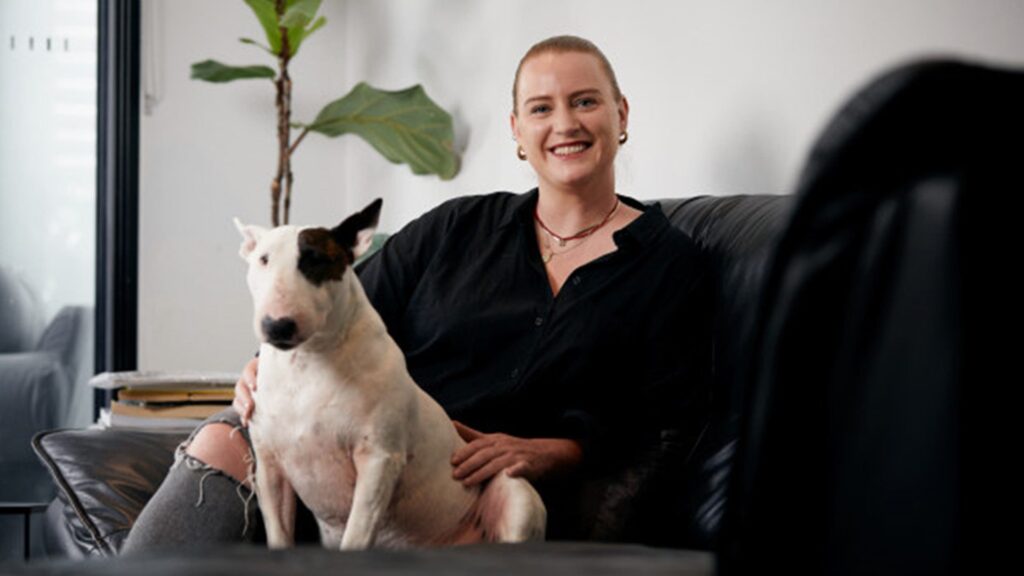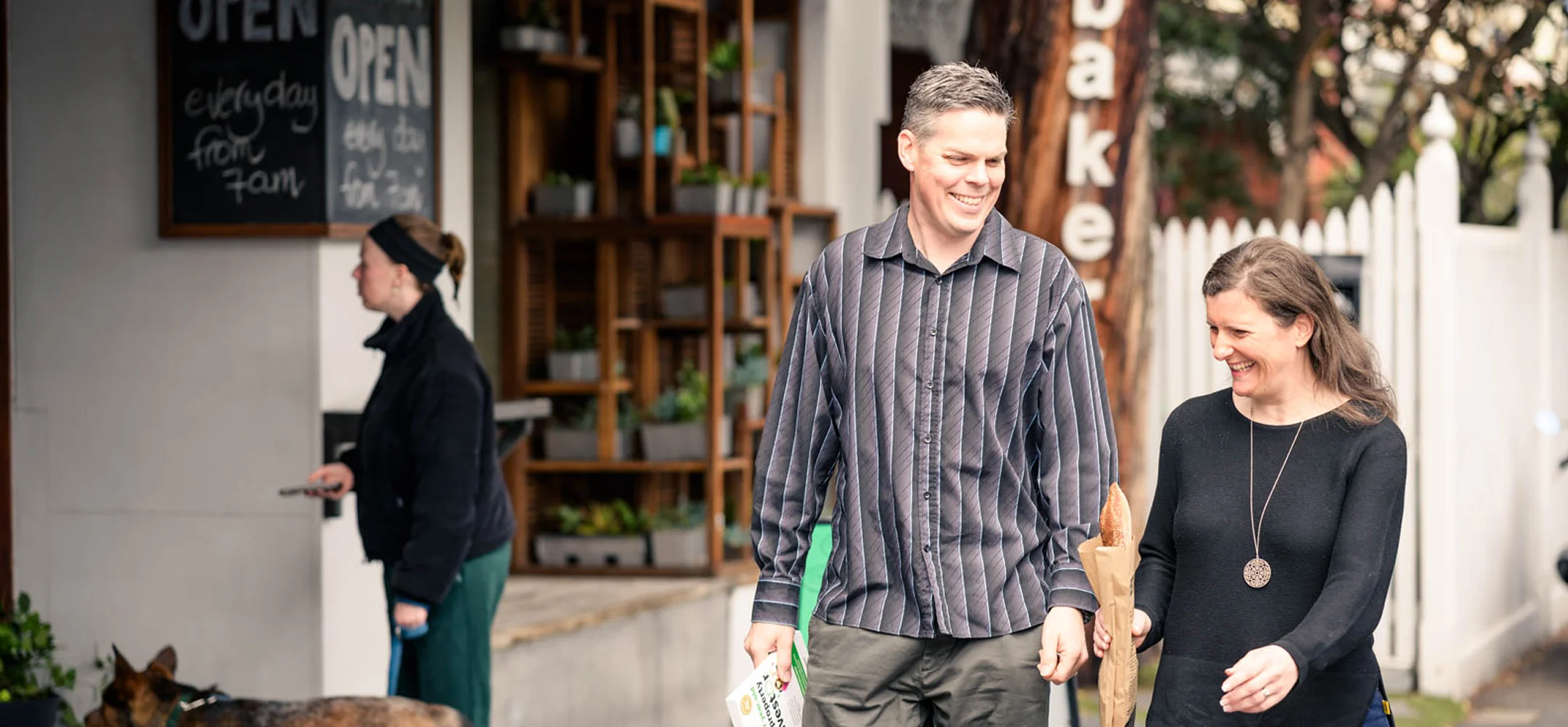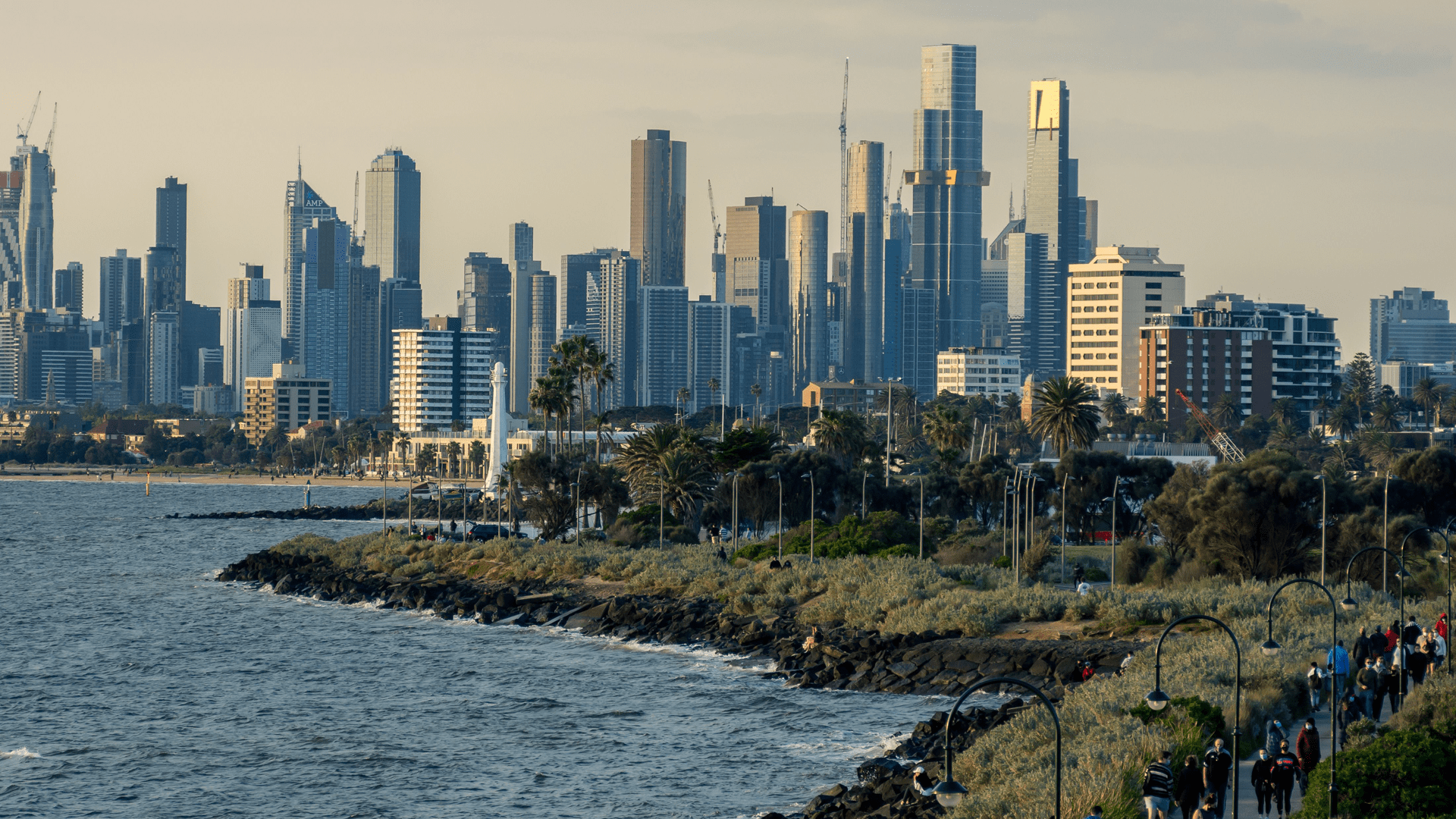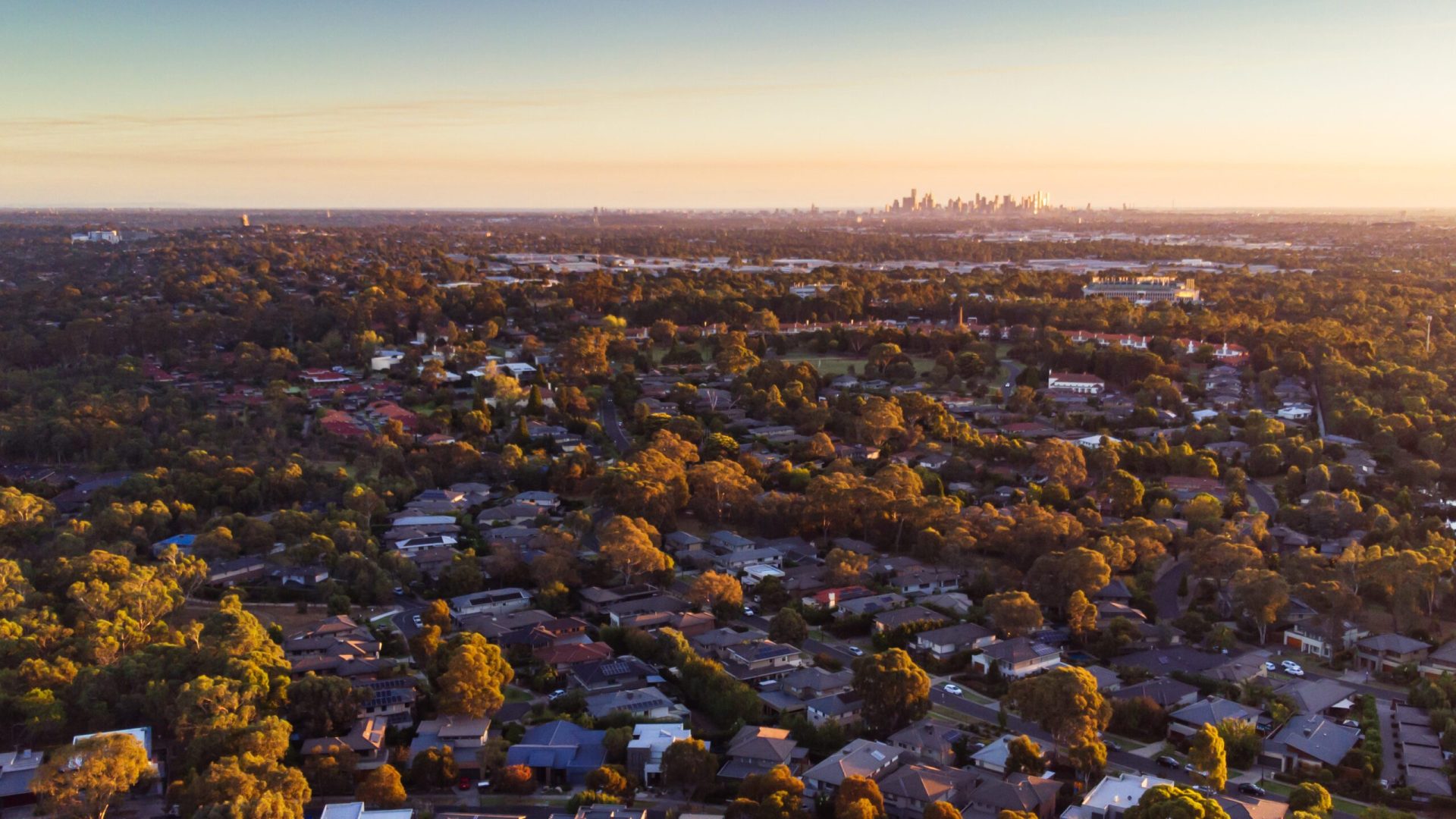Original article published 16.02.2025, Nila Sweeney, Australian Financial Review.
The worst could be over for Melbourne’s housing market amid signs buyer demand is starting to tick up, buoyed by expectations of lower interest rates, economists and agents say.
The affordable segment of the market in particular is starting to heat up as first home buyers and investors get in early, according to buyers’ agents.
Khaysan Kimberlin is among those who spotted the trend early and bought before broader demand started to pick up.

The 36-year-old solo investor, who works as a portfolio manager for property investment advisers OpenCorp, snapped up her third investment property, a three-bedroom, two-bathroom townhouse in the city’s north-west corridor, for about $580,000 six months ago.
“I decided to buy in Melbourne at that time because all the indicators showed the same trend as they were in Perth when I bought my other property there in 2021, just before that market took off,” she said.
“Melbourne is relatively cheap compared to the other major cities. It feels unheard of that you can buy a house 30 minutes’ from the city on a train for under $600,000. But I don’t think it’s going to stay that affordable for very long, considering the depth of the economy and strong population growth.
“Obviously, it took a really big hit due to the COVID-19 pandemic, but I think it’s going to rebound, particularly with interest rates about to come down and billions of dollars of infrastructure that’s still being delivered, along with solid migration. I feel the sentiment around investing as a whole is starting to improve.”
Rate of decline eases
ANZ is predicting home values in the Victorian capital to start rising by around August after bottoming out in the next few months.
“We’ve got prices declining until June and then have it flat in July before you start to see a little bit of a pickup in prices from August,” said Madeline Dunk, an ANZ economist.
“By December, we expect prices to post a 0.4 per cent monthly rise, supported by a lift in real household disposable incomes coming from moderating inflation, tax cuts, cost-of-living relief and, of course, rate cuts.”
CoreLogic’s daily home value index shows home values were still down by 0.3 per cent over the rolling 28-day period. But the rate of decline looked to be easing, compared to January when prices fell by 0.6 per cent, and in the past week, the index flattened, said Tim Lawless, CoreLogic’s research director.
“It might be too early to call a bottom in the cycle, but the recent trends look encouraging for the Melbourne market after a cumulative decline of nearly 7 per cent from the market peak back in March 2022,” he said.
“There are no signs of a broader citywide turnaround yet, but there are a few markets that are looking ripe for it.”
AMP chief economist Shane Oliver said it was possible the worst had passed for Melbourne’s housing market, but its recovery depended on an interest rate cut, which could come as early as this week when the Reserve Bank board meets.
“I suspect all the talk of lower interest rates and perceptions of better value in Melbourne may be helping sentiment and probably starting to attract some buyers into the market,” he said.
“Price growth has been weak for nearly three years so it’s looking to me like it’s better value, and therefore has more potential for an upswing, although relatively constrained.”
Rapid changes happening
Melbourne’s median dwelling value is $772,317, making it the cheapest of the five major capital cities after prices fell over the past 10 consecutive months, according to CoreLogic.
The city’s median price is 35.3 per cent cheaper than Sydney’s and 13.6 per cent lower than Brisbane’s. Melbourne is 5.7 per cent cheaper than Adelaide and 5.7 per cent lower than Perth.
Just five years ago, Melbourne’s home values were 22.6 per cent cheaper than Sydney and 35.6 per cent more expensive compared to Brisbane. Melbourne’s prices were 51 per cent higher than Adelaide and 56.8 per cent more than Perth, CoreLogic’s data shows.
Matt Lewison, chief executive of property investment advisory OpenCorp, said that although investors had been cautious because of successive changes to land taxes and other policies targeting landlords, sentiment had started to turn around.
“I think the perception that the state government will continue to just load onto property investors has started to diminish, and that’s giving investors more confidence to start investing in Melbourne,” he said.









